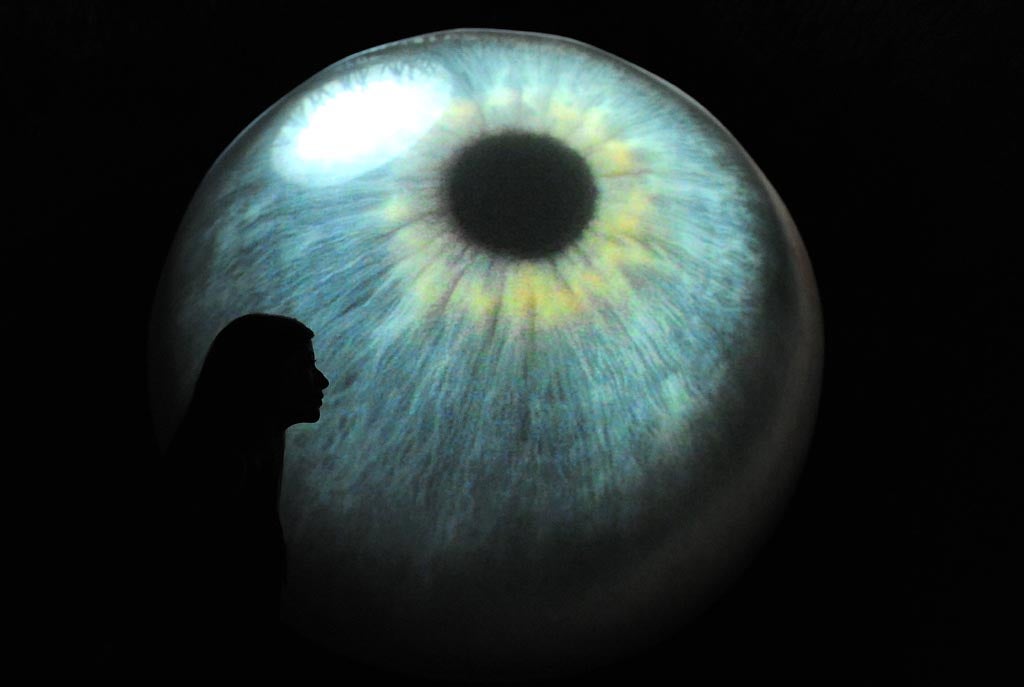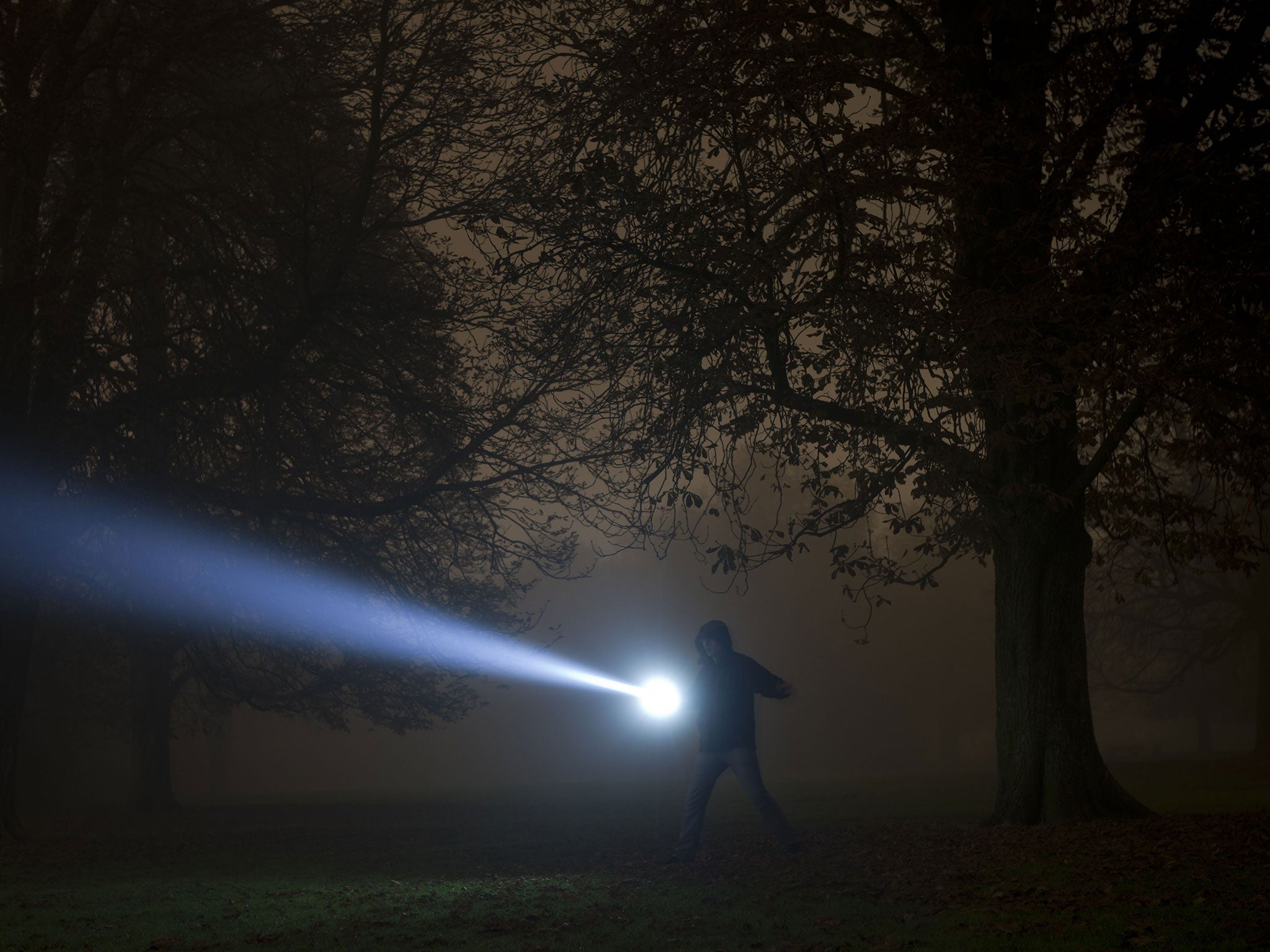Night vision eyedrops allow vision of up to 50m in darkness
The eyedrops were created by a team of independent Californian biohackers

It might sound like something straight out of Q’s laboratory or the latest Marvel film but a group of scientists in California have successfully created eye drops that temporarily enable night vision.
Science for the Masses, an independent “citizen science” organisation that operates from the city of Tehacapi, theorised that Chlorin e6 (Ce6), a natural molecule that can be created from algae and other green plants, could enhance eyesight in dark environments.
The molecule is found in some deep sea fish, forms the basis of some cancer therapies and has been previously prescribed intravenously for night blindness.

Jeff Tibbets, the lab’s medical officer, said: “There are a fair amount of papers talking about having injected it in models like rats and it’s been used intravenously since the 60s as treatments for different cancers. After doing the research, you have to take the next step.”
The next step was to moisten the eyes of biochemical researcher and willing guinea pig Gabriel Licina’s eyes with 50 microlitres of Ce6.
The effect was apparently almost instantaneous and, after an hour, he was able to distinguish shapes from 10 metres away in the dark and soon at even greater distances.
“We had people go stand in the woods,” Licina said, “At 50 metres, I could figure who they were, even if they were standing up against a tree.”
The control group without Ce6 were only able to pick out the objects a third of the time, while Licina’s success was 100 per cent.
The effect of the chemical only lasted for a few hours and the test subject's eyesight returned to normal the next day.
The organisation has released a paper that detailed the experiment in their website. It says that more research will need to be conducted to measure the actual amount of electrical stimulation increase in the eye whilst the long term effects of the procedure will require further investigation.
Tibbets says that this success is perfect demonstration of the work that his organisation conducts: “For us, it comes down to pursuing things that are doable but won’t be pursued by major corporations. There are rules to be followed and don’t go crazy, but science isn’t a mystical language that only a few elite people can speak.”
Join our commenting forum
Join thought-provoking conversations, follow other Independent readers and see their replies
Comments